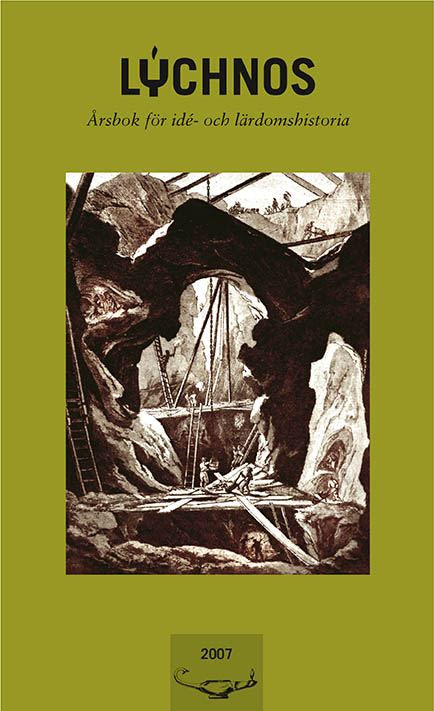Den envetna differentieringen
Uppfostringskommissionens reformarbete 1724–1778
Abstract
In historical research, the Swedish educational commission in mid-eighteenth century has been given two different faces. Firstly, it has been understood through its suggestions to reform education in primary and secondary schools. In these cases, the point of departure has been continental pedagogical debates. Secondly, it has been analysed as a tool of the government to take control over the universities. In this context, the perspective has often been political. Here, the ambition is to bring together these two sides of the commission's work in order to give a more accurate image of its problems and solutions, closely knit together as they were in the 18th century, broken up only by later historical analysis. Both pedagogical and political perspectives influ- enced the main purpose of the commission, to make suggestions for differentiation at all levels of education, primary, secondary as well as tertiary. Thus, a closer analysis of the commission's two faces merges them into one. The alternatives introduced by the commission in order to differentiate education were the sciences such as natural history as well as economics. Through its suggestions for alternatives in order to differentiate, the positions of the debate over education throughout the 19th and 20th centuries were established.
Downloads
Publicerad
Nummer
Sektion
Licens
This work is licensed under a Creative Commons Attribution 4.0 International License. The copyright for the work published in Lychnos remains with the authors.


